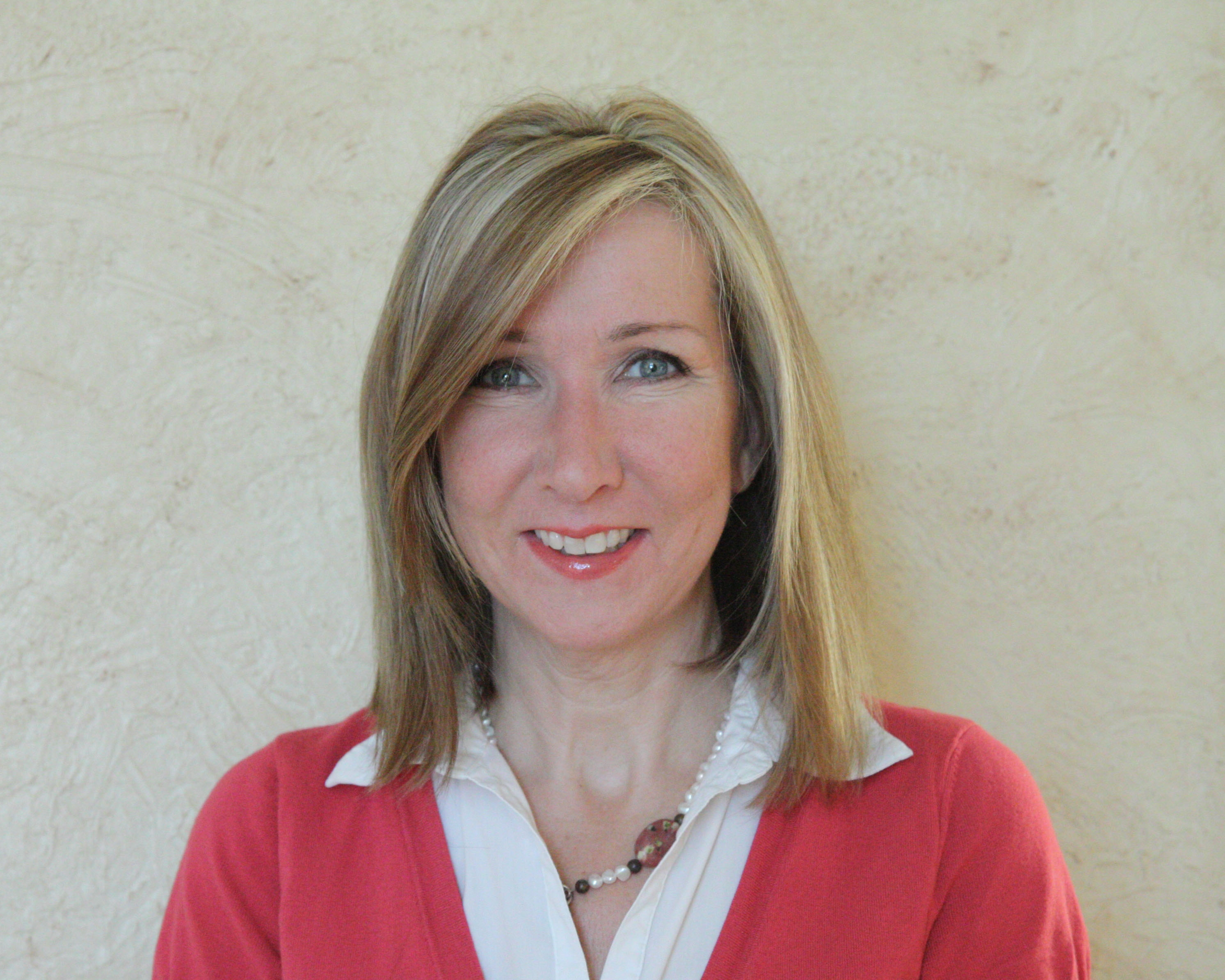AARP Hearing Center

The roll out of the new health care program known as "Obamacare" began in October, with the enrollment period continuing from October 1, 2013 – March 31, 2014. This enrollment period is not to be confused with Medicare’s fall Open Enrollment which is October 15 – December 7, 2013. The beginning of any new federal program is an opportunity for confusion and for con artists to prey on consumers. Below are a few important tips to avoid scams both for people with Medicare and those without.
Tips for people with Medicare
- If you have Medicare, you do not need to purchase any coverage through our state’s insurance marketplace, called Covered California. Your Medicare benefits satisfy the requirement to have health care coverage; you do not need to do anything. (It is actually illegal for someone who knows you have Medicare to sell you a plan through Covered California.)
- You do not need a new Medicare card, Social Security card, or any other new identity card.
- You do not need to verify any of your current information.
- No one from the government will contact you by phone or in person about the new health benefits.
Beware of bogus emails, phony website links, phone calls, and people who come to the door asking for your personal information who say it’s because of the new law.
When in doubt call the Health Insurance Counseling and Advocacy Program (HICAP) at 1-800-434-0222 or the Senior Medicare Patrol at 1-855-613-7080.
Tips for people who don't have Medicare
- Remember that there is no Obamacare card or new national health care card. No one will go to jail or be in trouble with the law if they don't have this phony card (as there is no card).
- You do not have to pay for help or for information about the new law. Help is available from agents, health care providers, and from Covered California to assist people signing up for the new benefits.
- Don't give anyone cash for health care coverage or to anyone who says they are from the government.
- Don't sign anything you don't understand and get a second opinion from someone you trust.
- Don't give out your personal information to anyone you don't know, especially over the phone.
- The Federal Trade Commission says, "Scam artists want your information to commit identity theft, charge your existing credit cards, debit your checking account, open new credit card, checking, or savings accounts, write fraudulent checks, or take out loans in your name.”
- For the best information go to healthcare.gov or coveredca.com for information on California’s insurance marketplace. Be sure you are on one of these official websites and not a bogus site. Do not use a search engine to find the site, as many fake websites can show up. Instead type in the URL directly.
If you suspect a scam, contact the California Health Advocates California Senior Medicare Patrol (SMP) at 855-613-7080. You can also see the Medicare Fraud section on the California Health Advocates website for more info, and view our newsletter and blog articles on fraud. Visit healthcare.gov and our health care reform section and blog for more information on the Affordable Care Act.
Julie Schoen is Legal Counsel for the Council on Aging of Orange County, and for over ten years has served as a technical trainer and community educator for the Orange County Health Insurance Counseling & Advocacy Program. In addition, Ms. Schoen directs the Senior Medicare Patrol Project (SMP) funded by the federal Administration on Aging since 1997 for education and counseling concerning Medicare fraud and abuse in California. Ms. Schoen is a popular speaker in Southern California addressing the rights and protections of Medicare beneficiaries. She serves on various boards and committees concerning issues affecting the elderly.































































